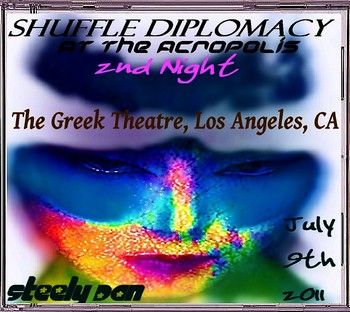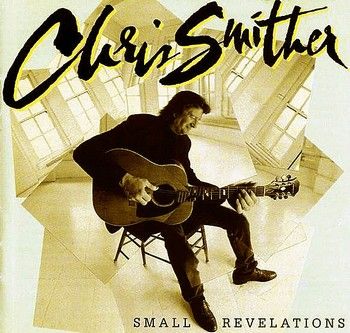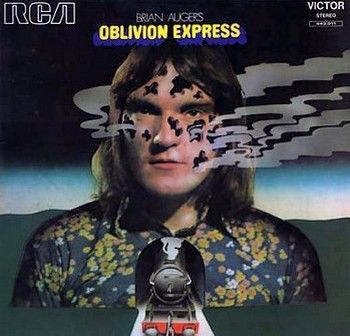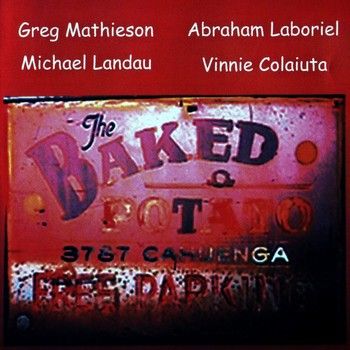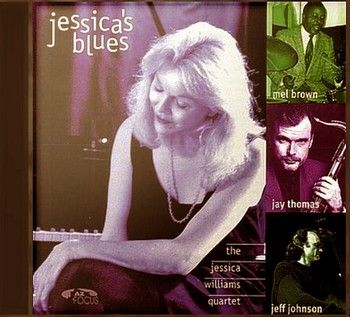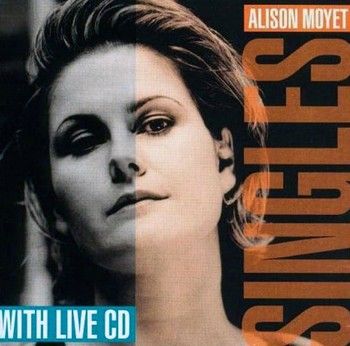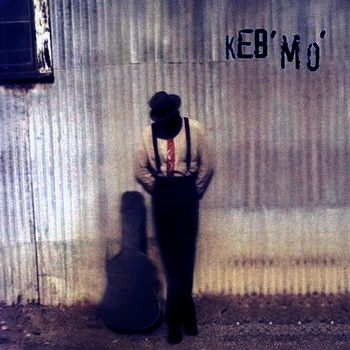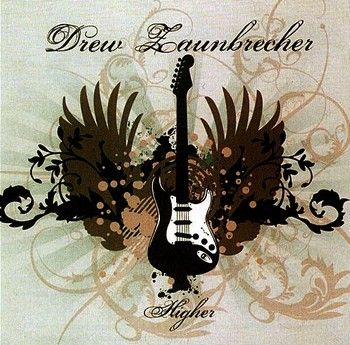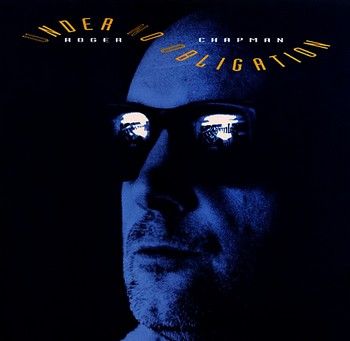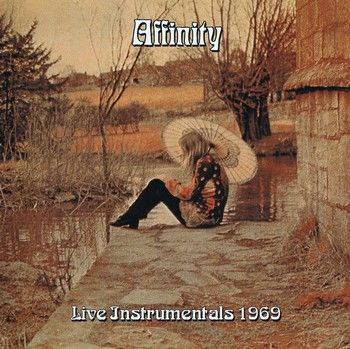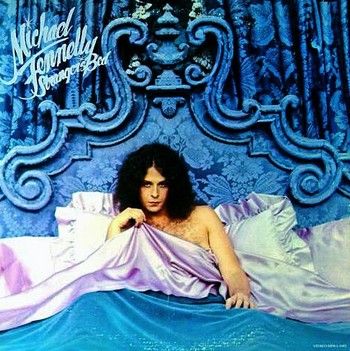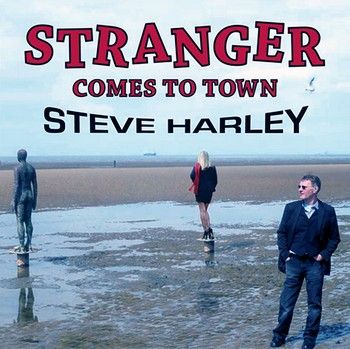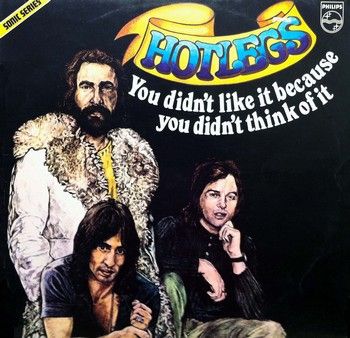 Hotlegs - You Didn't Like It Because You Didn't Think Of It - 1976 - Philips
Hotlegs - You Didn't Like It Because You Didn't Think Of It - 1976 - Philips
The rudiments of history should be familiar to all. Fresh from the breakup of the Mindbenders, guitarist Eric Stewart and songwriter Graham Gouldman opened their own Strawberry Studios in Stockport, England. Joined by Lol Creme and Kevin Godley, but temporarily shedding Gouldman, who promptly relocated to New York, the gang were experimenting with drum sounds when a passing record company executive spotted a hit amongst the hitting -- "Neanderthal Man," the most distinctive smash of 1970, was born, and by year's end the trio was working on an entire album. The fact that only one other track, the tribal joke "Um Wah Um Woh," even glanced in the direction of "Neanderthal Man" lets you know just how seriously Hotlegs were taking their fame. Few people would care about Hotlegs today had the trio (plus the returning Gouldman) not subsequently reinvented themselves as 10cc, and it is reassuring to note that much of that band's instant charm and excitement is already present amid Thinks: School Stinks. The 12-minute "Suite F.A." actively fore- and overshadows Godley-Creme's next attempt at elongating their artform, The Original Soundtrack's similarly protracted "Une Nuit a Paris," while the aforementioned "Um Wah" packs a wildly panning guitar solo to die for. Similarly, the angelic ballads which Godley long continued prone to (the lovely "Fly Away," "Take Me Back"); the seering guitar leads which were Stewart's specialty; and the utterly skewed lyrical twists which Creme so relished are all present and correct. Unfortunately, few Hotlegs fans wanted angelic ballads, seering guitar leads, and lyrical twists, and Thinks ultimately became better regarded for its sleeve than its contents -- the school desk stuffed with an unsavory smorgasbord of cigarette butts, broken cookies, titillating pin-ups, a sneaker, odd socks, and an occupied gas mask would later be borrowed by Alice Cooper for School's Out, two years later. Hotlegs' masterpiece would be left to molder for another 24 years, until it finally reappeared on CD with adequate sound and an utterly truncated sleeve. © Dave Thompson, All Music Guide
[N.B:This review refers to the 1974 bonus track version of "Thinks School Stinks" (on this blog), which is identical to "YDLIBYDTOI", the only difference being that on the '74 album Track 3 was a mono version]
One of the finest archive products of the pre-CD age, You Didn't Like It was released in the U.K. in 1975, at the height of 10cc's success, as a reminder that there was more, so much more, to the members' past incarnation as Hotlegs than the hit "Neanderthal Man." Rounding up every track that the ultimately ill-starred combo cut -- that is, the entire Thinks: School Stinks album, plus four additional performances -- You Didn't Like It not only took the edge off an increasingly desperate collectors market (copies of that original album were impossible to come by), it also reminded listeners just how much of Hotlegs' legacy had been bequeathed to the members' next project. "Fly Away," itself re-recorded from a Godley-Creme contribution to a 1969 Marmalade label sampler, offers the prototype for any number of subsequent ballads -- innocent vocal, innocent song, but a deceptive beast of a lyric. "How Many Times" (the doomed U.S. follow-up to the hit "Neanderthal Man"), "Take Me Back," and "All God's Children" each had a close relation lurking within the 10cc catalog, while "You Didn't Like It" itself had already been pressed back into surface, as the first 10cc album's closing "Fresh Air for My Mama." "You Didn't Like It" is one of four songs appended to the original Thinks album. Of the remainder, "Lady Sadie" was released as a single in 1971 and went absolutely nowhere, while "Today" and "The Loser" saw service on the "second" Hotlegs album, Songs. Despite such generosity, however, You Didn't Like It fared no better than either of its predecessors, and, bitterly, one remembers why. 10cc at the time were universally regarded among the most creative bands on the planet. Hotlegs, on the other hand, were good for one thing and one thing only. "I'm a Neanderthal man -- CRASH; you're a Neanderthal girl -- CRASH...." And collectors notwithstanding, that was never going to change. © Dave Thompson © 2011 Rovi Corporation. All Rights Reserved http://www.allmusic.com/album/you-didnt-like-it-because-you-didnt-think-of-it-r40935/review
"Hotlegs" are regarded as a "one hit wonder" due to the huge success of the band's 1970 "Neanderthal Man" hit. However the band contained the nucleus of the great pop/art rock band, 10 cc. Hotlegs' members were Eric Stewart, Graham Gouldman, Lol Creme and Kevin Godley, all of whom had achieved success in the '60's as songwriters and members of other bands. Many of the songs on this compilation are top notch compositions. The opening lines and percussive rhythm of "Run Baby Run" were later reworked to become the basis for "Art For Art's Sake" on the 10cc album "How Dare You!" Sound quality on this compilation should have better sound quality. At times the sound lacks clarity and depth.
[All tracks are @ 320 Kbps: File size = 135 Mb]
TRACKS / COMPOSERS
1 Um Wah, Um Woh - Godley, Creme, Stewart
*
2 Today - Godley, Creme
**
3 You Didn't Like It Because You Didn't Think Of It - Godley, Creme, Stewart
***
4 Fly Away - Godley, Creme
*
5 Run Baby Run - Godley, Creme, Stewart
*
6 The Loser - Godley, Creme, Stewart
**
7 Neanderthal Man - Godley, Creme, Stewart
*
8 How Many Times - Godley, Creme, Stewart
*
9 Desperate Dan - Godley, Creme, Stewart
*
10 Take Me Back - Godley, Creme
*
11 Lady Sadie - Godley, Creme, Stewart
****
12 All God's Children - Godley, Creme, Stewart
*
13 Suite F.A: First Movement - On My Way; Second Movement - Indecision; Third Movement - The Return - Godley, Creme
*
* Tracks appeared on Hotlegs' 1970 album, "Thinks: School Stinks": ** Tracks from Hotlegs' 1971 album, "Song": *** Originally the B-Side of Hotlegs' 1970 "Neanderthal Man" single: **** 1971 UK single
MUSICIANS
Lol Creme - Guitar, Bass, Keyboards, Vocals
Eric Stewart - Guitar, Bass, Moog, Vocals
Graham Gouldman - Bass on "Today"
Mike Timoney - Organ on "Take Me Back", & "Today"
Peter Tattersall - Left-handed boogey Piano on "Desperate Dan"
Kevin Godley - Drums, Percussion, Vocals
Rod Morton - On-beat Tambourine on "Desperate Dan"
Mike Bell - Saxophone
Ian Brookes - Trumpet
Baz Barker - First Violin on "How Many Times"
Tony Harrison - String Arrangements on "Today"
Cheadle Hulme High School Choir - Choir on "Suite F.A"
BIO
In 1970, Kevin Godley, Lol Crème, and Eric Stewart were, alongside songwriter Graham Gouldman, the house band at the Strawberry Studios setup in Stockport, England. Gouldman was spending much of his time in New York, working as a contract songwriter for the Kasenatz/Katz bubblegum team -- his partners remained at home, equipping the studio and testing the new equipment. It was during one of these tests, playing around with a drum kit and a new four-track recorder, that Philips label rep Dick Leahy happened by, heard what they were doing, and pronounced it an instant hit single. "It" was a percussive experiment which evolved around a chant of "I'm a Neanderthal man/you're a Neanderthal girl/let's make Neanderthal love" and Leahy's instincts were correct. Restructured and released (under the name Hotlegs) in the summer of 1970, "Neanderthal Man" reached number 22 in the U.S., number two in Britain, number one in Italy, and ultimately sold over two million worldwide. The record was enormous. The Idle Race, heading towards the end of their brief but glorious career, wrested one final hit when they covered the song for German and Argentine consumption. Bandleader James Last included a version on his latest album; even Elton John, eking out a pre-fame career as a jobbing sessioneer, recorded his own distinctive version for a budget-priced collection of sound-alike hits. Stunned by the success, Hotlegs immediately set to work out an album; Thinks: School Stinks included both the hit single and a reworking of "To Fly Away," a Godley/Crème song previously recorded by their Frabjoy and the Runcible Spoon project. It was not, however, a particularly successful release. With the exception of one track, the tribal "Um Wah Um Woh," little on the album bore any semblance to the hit; rather, Hotlegs revealed themselves to be a very melodic, very gentle musical concern, a far cry from the proto-industrial crashing of "Neanderthal Man." Certainly Capitol, Hotlegs' U.S. label, was so distressed that when it came to a follow-up, they went for a track which had not even been recorded for the Hotlegs project; a second, vastly superior version of "There Ain't No Umbopo," which the trio released in the U.K. under the name Doctor Father in August 1970. It was not a hit, a fate which also attended Hotlegs' final American single, "How Many Times." Undeterred, the trio (augmented by Gouldman) undertook a short British tour supporting the Moody Blues towards the end of 1970, but little more was heard from Hotlegs for another year. Then, in September 1971, they released a new single, "Lady Sadie," while Philips repackaged Thinks: School Stinks as Songs, omitting "Neanderthal Man" in favor of two more new songs, "The Loser" (the flip of "Lady Sadie") and "Today" (a reworking of another Frabjoy-era song). Issued only in Britain, Germany, and, oddly, Venezuela, Songs did no better than its predecessor, and Hotlegs was abandoned -- less than a year later, of course, the three members plus, again, Gouldman, would resurface as 10cc and, this time, enjoy considerably more success. It was at the height of this fame that the Hotlegs material resurfaced once more, as 1974's You Didn't Like It Cos You Didn't Think of It compilation brought together all the previously available Hotlegs material. © Dave Thompson © 2011 Rovi Corporation. All Rights Reserved http://www.allmusic.com/artist/hotlegs-p18329/biography
